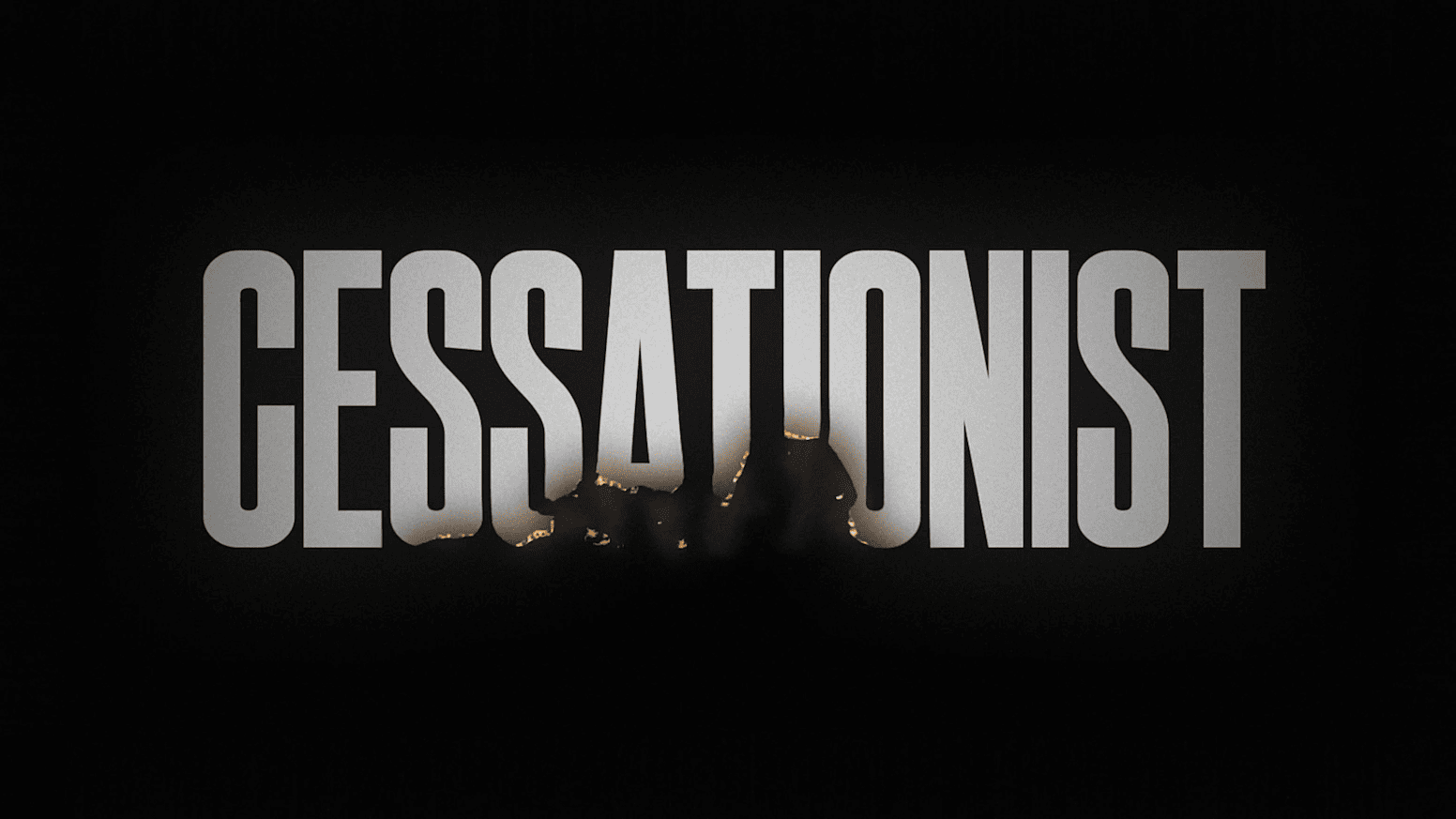The debate about the continuation or cessation of the extraordinary gifts of the Holy Spirit shows no signs of abating or of coming to a resolution. This is true within the wider church and true also within the narrower group who hold to Calvinistic theology. The debate began soon after the coalescing of what became known as “New Calvinism” and it extends today past its recent rupture. Some insist that the extraordinary gifts of the Holy Spirit—prophecy, healing, and tongues—have ceased and base their view on Scriptural proof; others insist that the miraculous gifts of the Holy Spirit are still operative and base their view on Scriptural proof. Additionally, both base their view on experience (or lack thereof). Two positions, two convictions, and two sets of experiences—yet only one can be correct.
New to the discussion is Cessationist, a two-hour documentary film directed by Les Lanphere (Calvinist, Spirit & Truth). As evidenced by the name, this film does not mean to provide arguments for competing perspectives while allowing the viewer to evaluate and choose between them. Rather, it is a defense of the cessationist position and a critique of continuationism. It makes its argument through a script written and narrated by David Lovi, interviews with those who hold to the cessationist position (e.g. Joel Beeke, Phil Johnson, Steven Lawson), and an abundance of videos by continuationist teachers and leaders.
I will tip my cards from the outset and go on record as a convinced cessationist. But as such I always feel the need to add this crucial but often misunderstood clarification: Cessationists believe that God can continue to perform miracles, and not merely that he can but that he does. And so we do pray that God would act in miraculous ways; we do follow Scriptural instructions by having elders lay hands on the sick and pray for them; we do see him work in out-of-the-ordinary ways. What we do not believe is that God continues to distribute the spiritual gift of prophecy, the spiritual gift of healing, or the spiritual gift of tongues. Hence, while there may be extraordinary actions on God’s part, he no longer distributes the extraordinary gifts. He no longer distributes them because they are no longer necessary following the establishment of the church and the completion of the Bible.
I will consider Cessationist through two lenses: whether it offers a valid defense of its position and whether it offers a fair critique of the alternative.
Does Cessationist offer a valid defense of its position? While admitting that I am by no means unbiased, I believe it does. Before it offers any substantial critique, it explains why there is solid evidence within Scripture that God meant for the extraordinary gifts of the Spirit to operate for a time, but then to cease. The film does this by showing the rarity of miracles in the Bible and the fact that they were grouped around certain crucial periods of redemptive history, by examining key passages that offer teaching about the use of gifts and the sufficiency of Scripture, and by drawing conclusions from the obvious decline of the gifts through the progressive narrative of Scripture. It makes a strong positive case for its position.
Does Cessationist offer a fair critique of the alternative position? I believe it does. It is easily able to rally the extreme fringes of the charismatic movement to its cause to show continuationism at its worst. Many of these people are obvious frauds and charlatans. Yet it also shows that some of the foremost theologians of continuationist theology are men we respect and regard as friends for their other positions—John Piper, Wayne Grudem, Sam Storms. I believe it treats them fairly, evaluating and critiquing their positions without writing them off entirely. I don’t think it ascribes to them positions they would not agree with, though they may perhaps take issue with the associations, such as when the film flows directly from Todd Bentley to John Piper—one of them a man whose wider theology and ministry track record is abhorrent and the other of them a man who honors God and serves his people.
The thing about the debate between cessationism and continuationism is that one side must be wrong—and quite seriously wrong. If cessationists are wrong, they are neglecting to exercise gifts that God may wish to use mightily for the saving of the lost, the blessing of his people, and the glory of his name. If continuationists are wrong, they are acting in ways the Bible forbids and foolishly thinking they are speaking in tongues, healing others, and, perhaps most seriously of all, prophesying in God’s name when they are actually doing no such thing. While we can still regard those who hold to the opposite position as friends and brothers, we must also believe they are disobeying God and acting in ways that are misguided or perhaps even foolish. The stakes are high, which means we do well to deepen our understanding and sharpen our convictions.
While I am certain that advocates of continuationist theology will take issue with some of the Cessationist’s claims and some of the associations it draws, I generally found it to be a strong and fair critique of an issue of great importance. No matter your perspective on the issue, I’d encourage you to watch it, to consider its claims, and to better understand why so many Christians are convinced that God no longer means for us to pursue or to exercise those extraordinary gifts.










